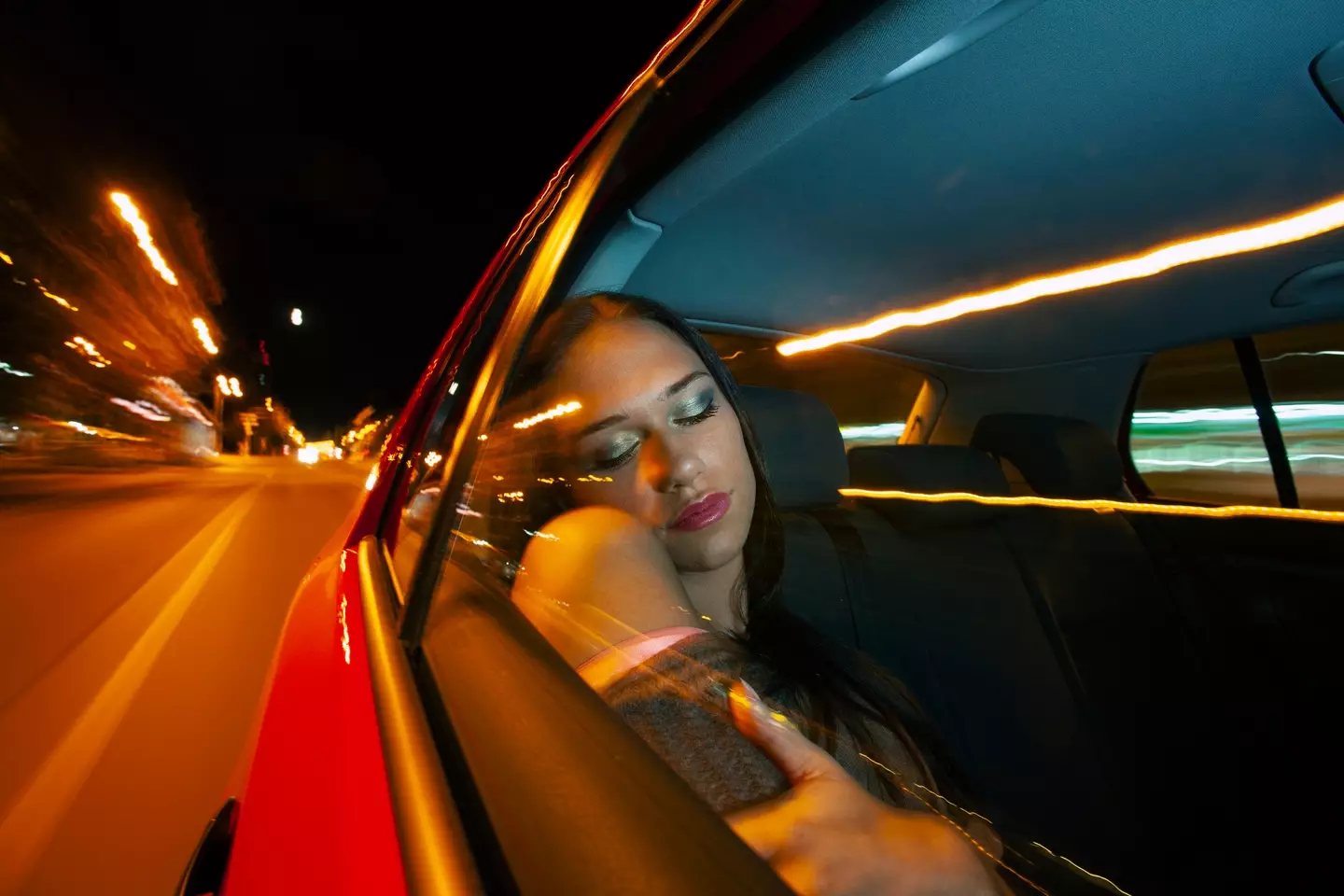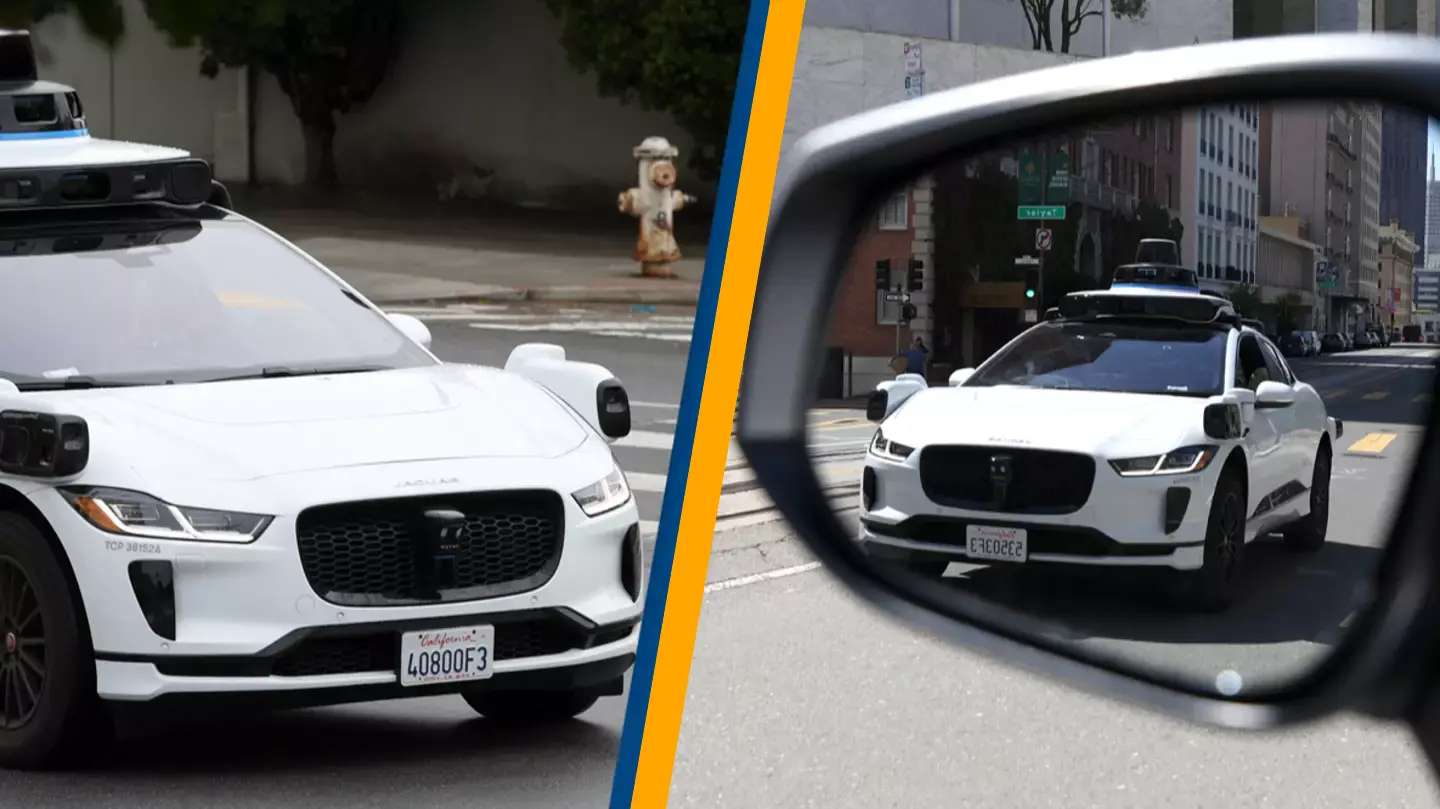A self-driving taxi service has unveiled its protocol for handling situations where a passenger is unable to exit the vehicle, such as if they’ve passed out from excessive drinking.
Waymo, a California-based robotaxi company, has disclosed details about its procedures for when a passenger becomes too intoxicated to exit one of their autonomous vehicles. This alternative transport option is available to party-goers across the San Francisco Bay area seeking a safe ride home.
The fully autonomous Waymo cars, which operate without a human driver, debuted in October 2020. Over the last four years, the service has expanded its operations to Phoenix, Arizona, and across California, including San Francisco and Los Angeles, providing approximately 150,000 paid rides each week.

Waymo emphasizes its commitment to passenger safety, with a declared mission to ‘innovate beyond the impossible in order to save lives that are tragically lost to traffic crashes,’ as stated on its website.
Despite the potential for increased road safety, questions arise about how these robo-cabs handle passengers experiencing a medical emergency or inebriation.
In a conversation with the San Francisco Chronicle, a Waymo spokesperson explained that the vehicles are equipped to recognize if a passenger doesn’t exit upon reaching their destination.
The car’s cameras conduct a scan of the interior, and through machine-learning, they can assess if a passenger is incapacitated due to alcohol consumption.
The same cameras are also programmed to identify rule violations, such as smoking inside the car or neglecting to wear a seatbelt.

If a problematic situation is detected, Waymo’s human staff members review a ‘blurred vision’ feed, as only select employees have access to an unfiltered live view.
If both the autonomous vehicle system and the human staff confirm the passenger is unconscious, a ‘rider support agent’ will communicate with the customer through the car’s interface to offer assistance.
Lack of response from the passenger prompts the agent to contact emergency services. In such cases, Waymo can unlock the car doors remotely, or emergency personnel might have to break a window.
Thankfully, these events have not occurred yet, though the San Francisco fire department has dealt with other robotaxi incidents, such as a fire started by a teen or a man stopping a car to speak with a passenger.
Fire Lieutenant Mariano Elias noted it is ‘pretty common’ for emergency teams to respond to Uber or Lyft calls about passengers who have passed out.
This disclosure comes as drunk driving fatalities have reached a 15-year peak, according to the National Highway Traffic Safety Administration. Waymo aims to reduce these numbers as it plans to expand to Austin, Atlanta, and Miami within the year.
The Waymo spokesperson mentioned: “Waymo encourages its autonomous ride-hailing platform as one way in which a person can get home safely after drinking.”

